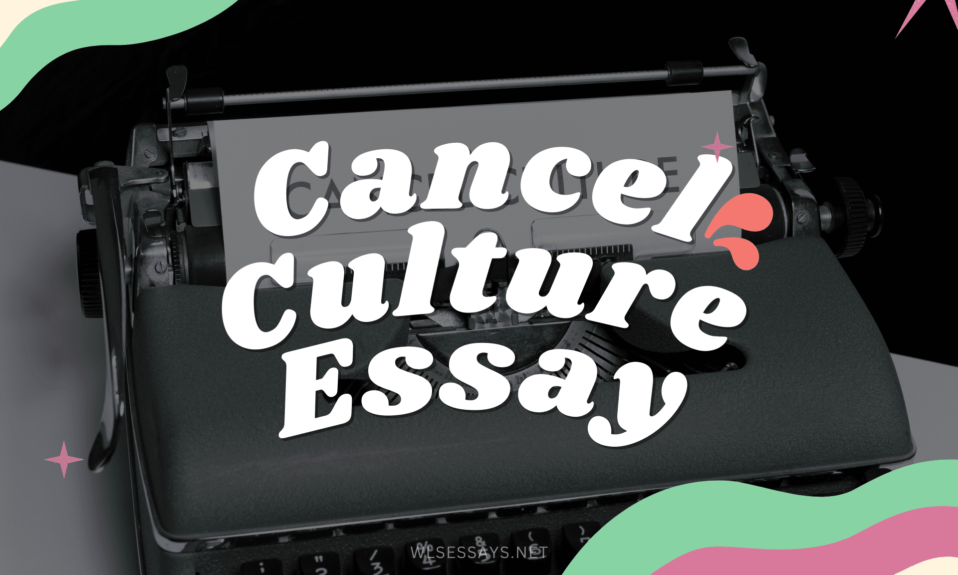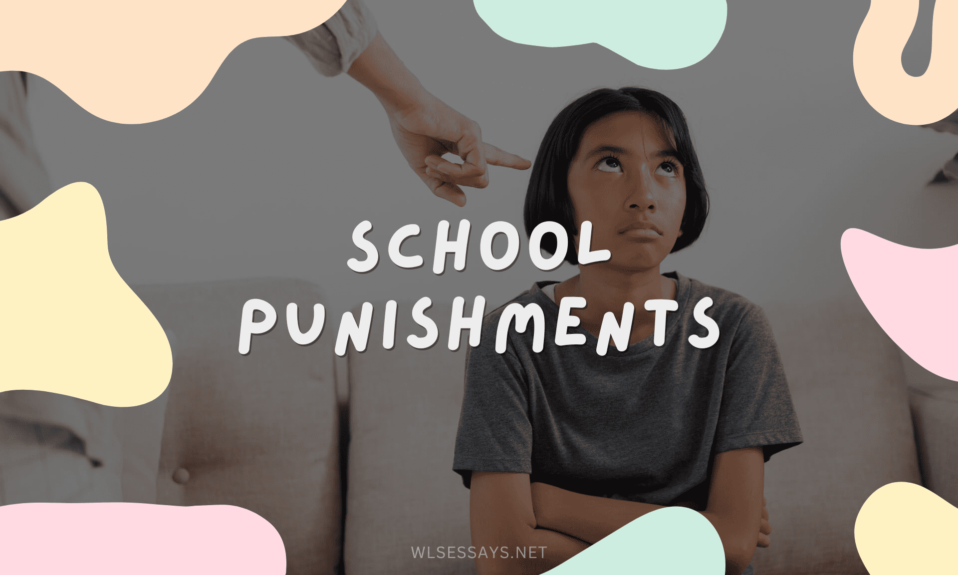Student’s Name
Department and Institution
Course
Instructor’s Name
Date
Abstract
Most people’s increasing tendency to make bad lifestyle decisions has pronounced the relevance of intelligence and socialization concepts more than ever before. People are making bad decisions because they do not have sufficient intelligence to navigate unfavorable social groups, and peer pressure is forcing them to make such decisions. Improved intelligence and socialization abilities provide people with appropriate leverage for living better lives.
Critical Thinking on Intelligence, Life Decision, and Socialization
Intelligence is a crucial aspect that no human or animal can live without. People’s intelligence levels determine their ability to think critically and exercise judgment when resolving problems affecting them. The relevance of improved intelligence is also pronounced by problems, such as bad lifestyle decisions, where people’s ability to cope with the problem’s common risk factors, like peer pressure, is entirely determined by their intelligence levels. The importance of intelligence can be extended to broader aspects, such as socialization and understanding of how social structure and ethnic backgrounds can shape a person’s life. With improved intelligence, a person can easily learn and identify with values and beliefs championed by the targeted peer group, increasing their chances of becoming socialized into such groups. This perspective provides the best ground for understanding improved adaptability as a crucial benefit of increased intelligence levels. Most importantly, while intelligence and socialization concepts might be advanced for many reasons, they should be primarily used to increase a person’s exposure in life to enable them to live better lives.
Pro/Con
Bad lifestyle decisions are made because of a lack of intelligence to navigate around the problem’s common risk factors, such as peer pressure. Notably, a person’s social circle can determine the choices they make in life. For instance, if someone is not intelligent enough to maintain their focus in life, peer pressure might lead them toward making bad lifestyle decisions, such as excessive smoking or chronic drinking habits (Gignac & Callis, 2020). Peer pressure has the unique ability to convince people that they should engage in particular practices or behaviors to become fully integrated into certain groups or communities. If a person should fall victim to such temptations, making bad lifestyle decisions becomes inevitable.
People become socialized by identifying with social norms associated with a particular group. The first socialization attempt is realized when a person is first introduced to the beliefs and values defining particular groups they target to associate with. Notably, by demonstrating a willingness to align themselves with the values and beliefs, such individuals are deemed to be ready to learn and tangible objects of material culture characterizing their target peer groups (Guhin et al., 2021). In this way, effective socialization can be concluded. Most importantly, I think the perception of intelligence and social structure varies from one culture and ethnic background to another. For instance, people from majority ethnic backgrounds see intelligence and social structure as crucial aspects that can be leveraged to help them optimize different opportunities and live better lives (Gignac & Callis, 2020). A perfect example is white individuals in Western countries, such as the United States, who believe that the favorable American social structure naturally makes them intelligent enough to navigate different life opportunities that other ethnic and racial groups cannot discover. In contrast, people from minority cultural and ethnic groups, such as African Americans, perceive intelligence as a crucial tool that can be used to rise above racial injustices that they are occasionally subjected to.
Conclusion
Overall, increased intelligence levels and improved socialization abilities are crucial antecedents to living a better life in society. Intelligence is required in almost all aspects of life, including resolving problems and adapting to new challenges to ensure a person’s improved viability in life. Also, improved intelligence and socialization abilities should be championed with an eye on cushioning individuals from making bad lifestyle decisions in life. Notably, more intelligent people and individuals keen on subscribing to the right social groups are least likely to give in to peer pressure, convincing them into unfavorable lifestyle decisions and practices, such as substance abuse and chronic drinking habits. Most importantly, a comprehensive understanding of effective strategies for improving people’s intelligence levels and socialization abilities should be encouraged despite different perceptions of these concepts by individuals from different cultures and ethnic backgrounds.
References
Gignac, G. E., & Callis, Z. M. (2020). The costs of being exceptionally intelligent: Compatibility and interpersonal skill concerns. Intelligence, 81, 101465.https://www.sciencedirect.com/science/article/pii/S016028962030043X
Guhin, J., Calarco, J. M., & Miller-Idriss, C. (2021). Whatever happened to socialization? Annual Review of Sociology, 47, 109-129.https://www.annualreviews.org/doi/abs/10.1146/annurev-soc-090320-103012









